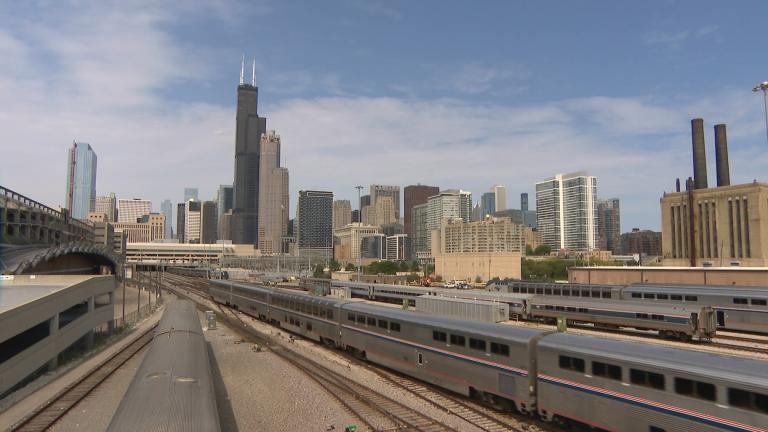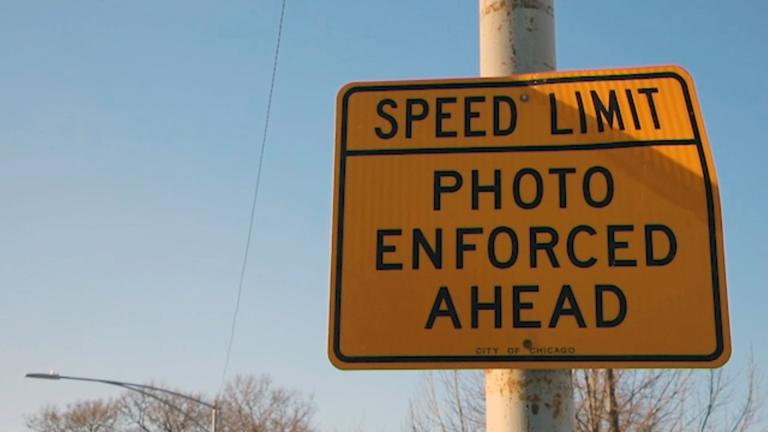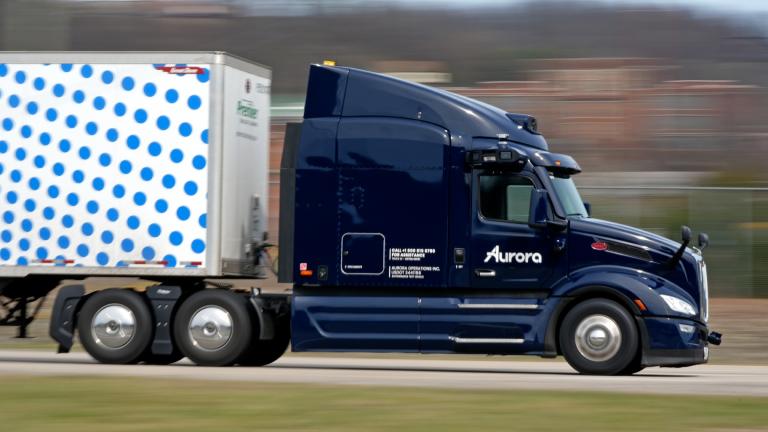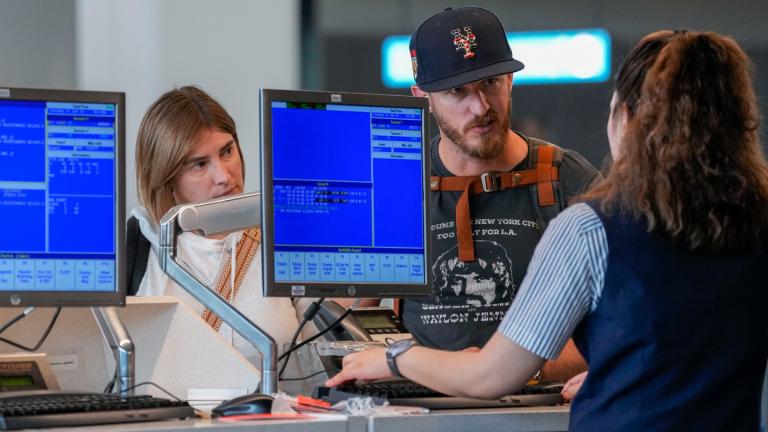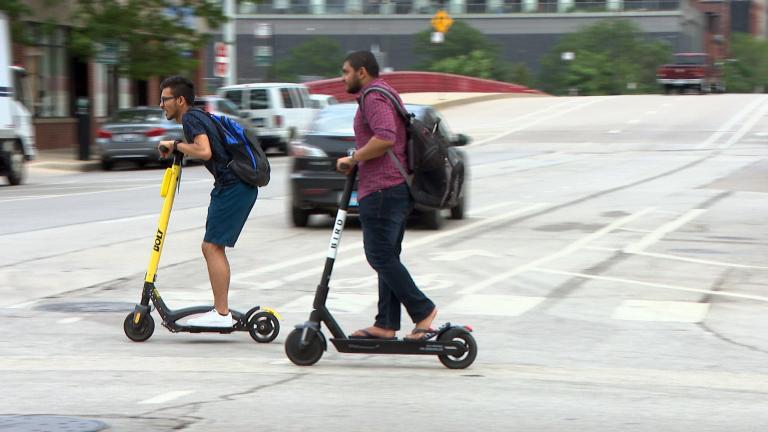In Chicago and around the U.S., people have been complaining about a shortage of ride-share drivers in recent months. With fewer Lyft and Uber drivers on the road, customers say they’re facing long waits and high prices.
Last week, Ald. Brendan Reilly, 42nd Ward, proposed a cap on ride-share surge pricing in Chicago. The proposal would cap fares at 150% of the companies’ regular fare and institute fines for exceeding the cap.
“I’ve been (hearing) a lot of concerns from not just residents, but people who work downtown,” Reilly said. “For folks that work later at night (like) nurses, bartenders, cocktail waitresses … they’re having to make a really difficult decision for their personal safety, many of them going home with tips in their pockets: ‘Do I spend my hard-earned money on that surge priced fare or do I risk my life taking public transportation home at 3 or 4 in the morning?’”
In a statement, a spokesperson for Uber said:
“At a time when we should be doing everything we can to raise driver earnings, the City’s proposed surge cap would penalize drivers and lower their earnings by as much as 45%, pushing current and new drivers away from the platform. Slashing driver earnings is wrong and will make it more difficult to help Chicagoans move around the city as we emerge from this pandemic.”
Lyft did not respond to a request for comment.
Ride-share driver Kevin Nelson, who is also an organizer with the Independent Drivers Guild, says safety concerns have caused many ride-share drivers to stay off the road. At first, their fear was prompted by COVID-19. Now, a dangerous spike in carjackings and what Nelson calls inadequate safety measures from Uber and Lyft have become the major concerns.
“That combination of circumstances has basically decimated the amount of drivers,” Nelson said. “Our records indicate the amount of drivers active in the Chicago area is down to about one-fifth of what they were just one year ago.”
Nelson is supportive of the proposed cap on surge pricing, saying passengers are being charged “way too much,” but he cautions that drivers need to be considered as well.
“Uber and Lyft take over 50% of the fare for every ride. If you propose a fare cap, there needs to be a cap on the commissions … so that the drivers are being paid fairly,” Nelson said.
The Rev. Walter Turner, pastor of New Spiritual Light Missionary Baptist Church in South Shore and a longtime advocate of ride-sharing, argues that capping fares would only serve to push more drivers away from Uber and Lyft and hurt people who rely on ride-share services to get around.
“It’s a vicious cycle that’s beginning to happen all over again. We had this with cab drivers in our communities on the South and the West sides of Chicago: many seniors, single parents, single moms were not able to have effective services in our communities to get back and forth with transportation. One of the things our community is concerned about is making sure we have enough (ride-share) drivers,” Turner said.
But Reilly argues that Uber and Lyft need to do more to entice drivers back to address the demand, rather than increase prices for consumers.
“When you have a labor shortage, you incentivize the workforce to come back to work,” Reilly said. “I know that ride-share companies like Uber and Lyft, about six, seven weeks ago, announced an initiative to lure more drivers back to the road. It seems to me that offering is too weak, because we have not seen the influx of drivers we’d expect. And unfortunately for consumers in Chicago, they don’t have the competitive pressure of taxi cabs anymore to hold those ride-share companies accountable.”

